
October 2025


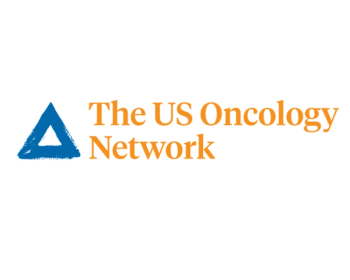
Leaders from The US Oncology Network and McKesson discuss how technology can enhance precision medicine and improve patient access to cutting-edge cancer treatments.
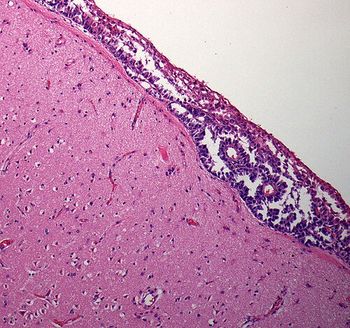

Innovative cancer therapies are transforming treatment landscapes, yet access challenges persist. Experts discuss strategies to enhance patient care and outcomes.
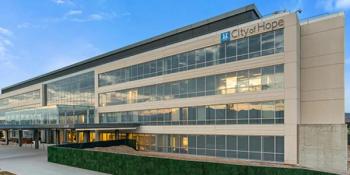
Cancer care evolves with innovative therapies and financial challenges, emphasizing the need for equitable access and sustainable models in treatment delivery.

Oncology experts discuss the rapid advancements in cancer diagnostics and treatments, emphasizing the need for equitable access and infrastructure improvements.

Experts discuss strategies for equitable access to genomic testing and cutting-edge therapies for uninsured non-small cell lung cancer patients.

A session explores how value-based oncology integrates pharmacy, precision medicine, and real-world evidence to enhance lung cancer care and patient outcomes.

Experts discuss oncology's challenges, including treatment costs and clinician burnout, while exploring innovative solutions for equitable patient care.

Explore the latest advancements in oncology, including biomarkers and targeted therapies, enhancing patient care at Tennessee Oncology and Vanderbilt-Ingram Cancer Center.
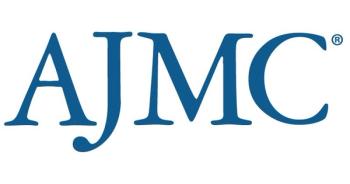
Coverage from a Stakeholder Interchange hosted by The American Journal of Managed Care,® August 21, 2025. This is a moderated discussion of 3 case studies.

Coverage from a Stakeholder Interchange hosted by The American Journal of Managed Care,® August 21, 2025. A moderator led panelists through a discussion of issues surrounding administration of bispecifics in multiple myeloma.

The adoption of technologies like telehealth and health information exchange increased over time, but hospitals in the most disadvantaged areas were behind.

The Rural Health Transformation Program invests $50 billion to enhance health care access and quality in rural America.
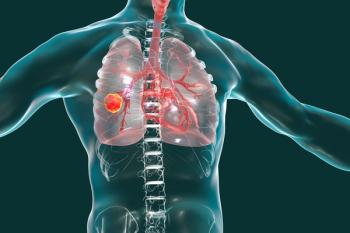
National Comprehensive Cancer Network (NCCN), the European Society for Medical Oncology (ESMO), and the American College of Chest Physicians (CHEST) offer complementary yet distinct frameworks for lung cancer care, reflecting differences in evidence evaluation, regional adaptation, and policy integration.



